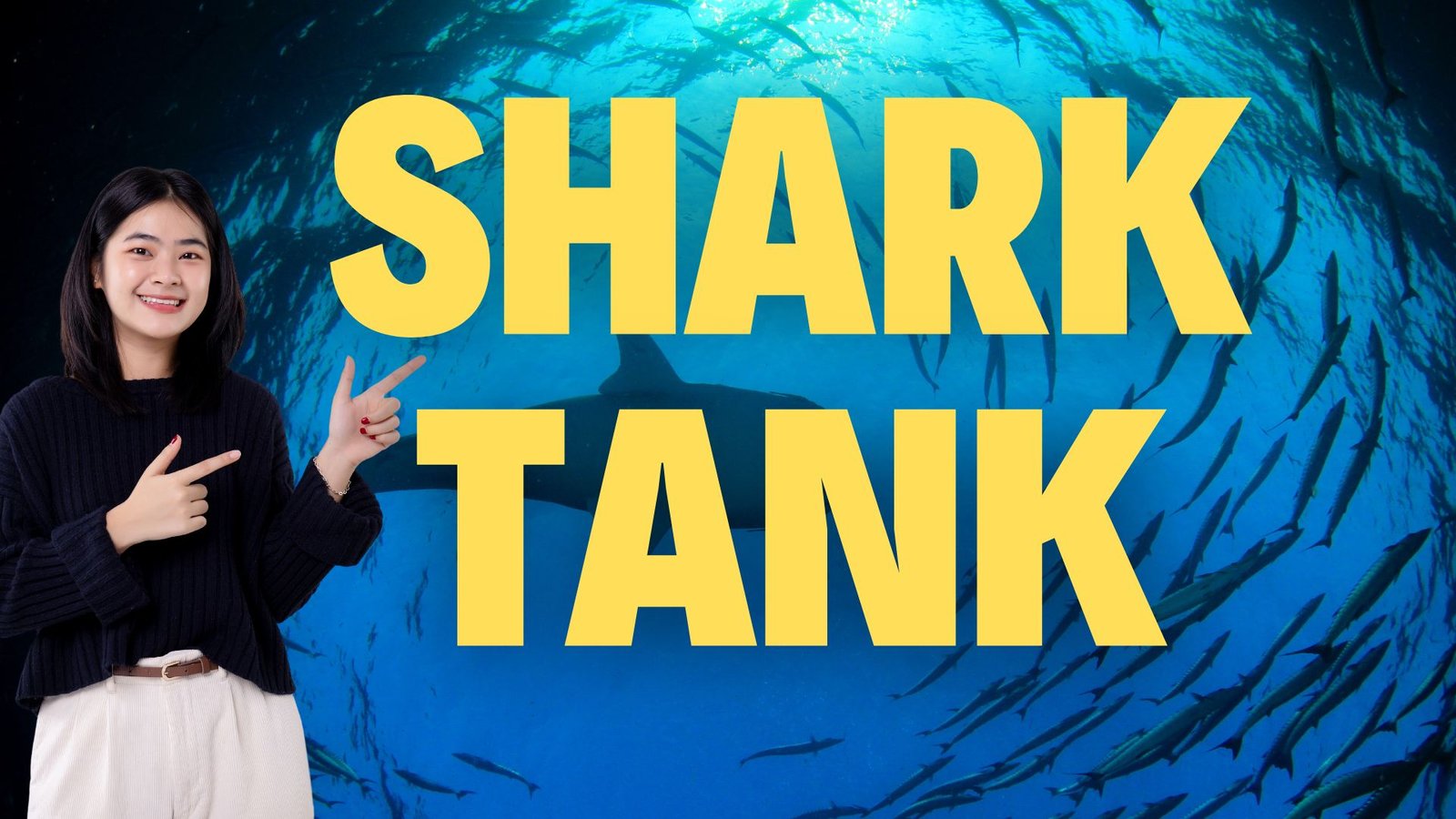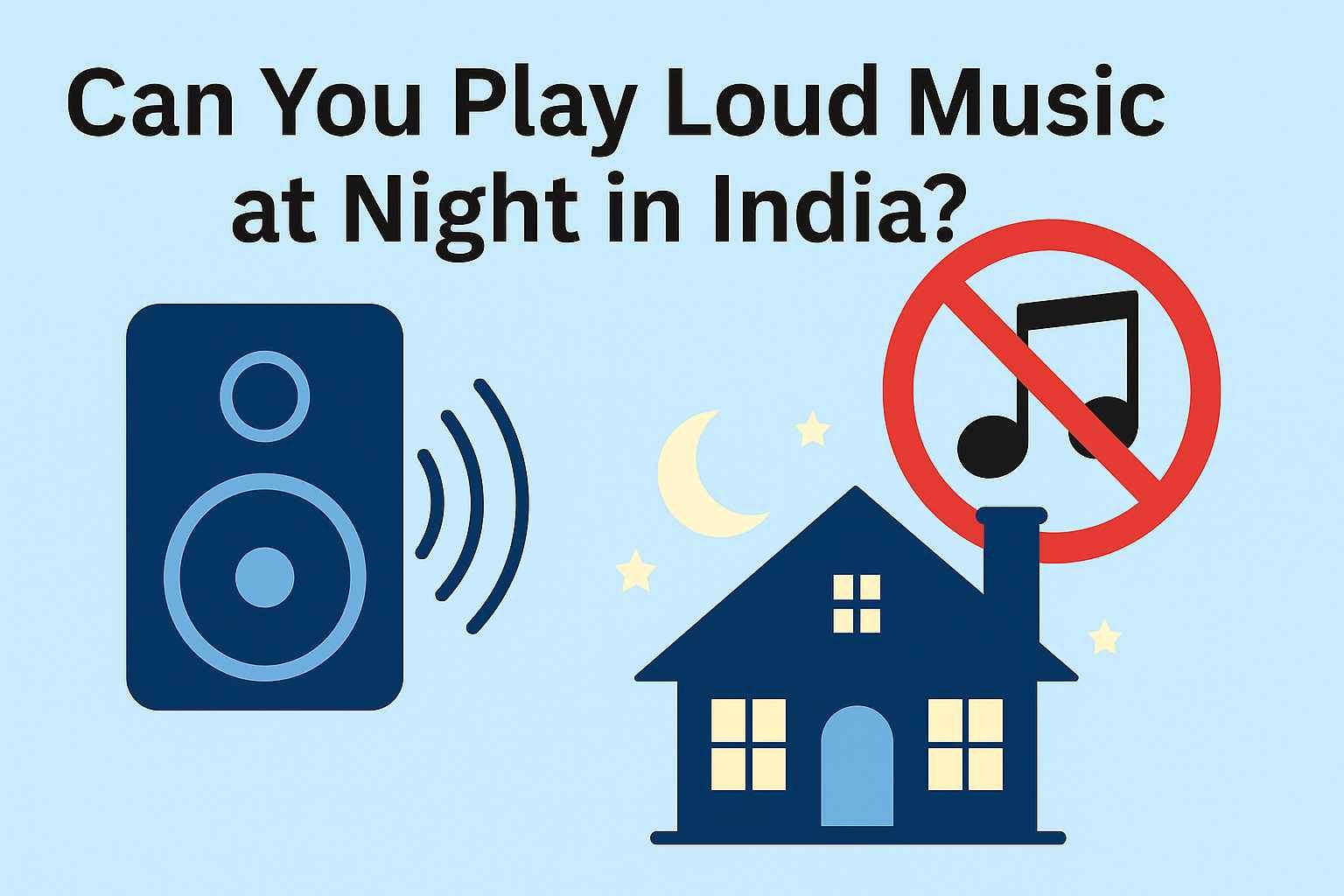On this page you will read detailed information about Sexting Laws in the United States.
The one bright-line rule: never involve minors
Under long-standing federal law, it is a serious felony to produce, receive, possess, or distribute any visual depiction of a minor (under 18) engaged in sexually explicit conduct—even if the minor created or sent the image themselves or consented. Charges are brought under 18 U.S.C. §§ 2251–2252A (production, distribution/receipt, possession). Penalties can be severe and long-term.
Many states mirror these prohibitions. A number also created teen-sexting statutes to avoid treating all minors like child-porn felons; these typically allow judges to use lesser, age-appropriate penalties (for example, a low-level misdemeanor or civil infraction) for consensual peer sexting—but these laws vary widely and do not legalize sexual images of minors in general. If you see claims like “teen sexting is legal in State X,” assume that’s oversimplified; the details matter and penalties can still be serious.
Bottom line: images involving anyone under 18 are extraordinarily risky under both federal and state law—even if self-taken, even if consensual, even if never posted.
Adults: consent is necessary—but not sufficient
Between consenting adults, creating and sharing intimate images is typically lawful at the moment of creation and sharing. The bigger legal risks arise later—when images are stored, forwarded, hacked, or weaponized.
Non-consensual distribution (aka “revenge porn” or NDII)
As of 2025, all 50 states and D.C. criminalize the non-consensual distribution of intimate images (NDII). Many statutes also offer civil damages. If you share or threaten to share a partner’s intimate images without their permission, you can face criminal charges and lawsuits—regardless of who took the photo.
In May 2025, the U.S. enacted the TAKE IT DOWN Act, a federal law that makes it a crime to knowingly publish (or threaten to publish) non-consensual intimate images—including AI-generated “deepfakes”. It also requires covered platforms to implement a notice-and-takedown process, generally removing flagged content within tight deadlines. Expect rulemaking and court tests, but the federal backstop is now in place.
Takeaway: Even for adults, consent to create or share privately is not consent for you (or anyone else) to repost, sell, or forward.
Deepfakes and edited nudes
A rapidly growing problem is the use of AI tools to fabricate sexual images of real people. The TAKE IT DOWN Act expressly covers “digital forgeries.” Many states also updated their NDII laws to include computer-generated imagery (for example, Maryland’s 2025 update adds deepfakes and carries jail time and fines). If you make or share a fake sexual image of a real person without consent, you are very likely breaking the law.
Obscenity is still illegal (and different from pornography)
Separate from NDII or child-exploitation laws, obscenity remains unprotected by the First Amendment under the Supreme Court’s Miller test (a three-part community-standards test). While prosecutions are uncommon for private adult sexting, commercial distribution of obscene material can still trigger federal charges. Obscenity doctrine also influences how prosecutors evaluate extreme content disputes.
Evidence, screenshots, and “leak” scenarios
If intimate images are used as evidence of a crime (for example, to prove distribution without consent or to identify a perpetrator), police and courts typically rely on digital-evidence rules (device seizures, warrants, forensic hashing, and chain-of-custody standards). If minors are involved, investigators must handle files under strict child-exploitation protocols; possession alone can be a crime. When adults are involved, evidence handling still matters because mishandling can create additional offenses or civil liability.
How states treat teen sexting differently (but not the way you think)
Public conversation sometimes suggests that “teen sexting is legal in my state.” That’s misleading. What’s true is that a number of legislatures built specialized penalties to avoid branding teens as sex-offenders for consensual, peer-to-peer images; others still rely on general child-exploitation statutes. A few states treat first-time consensual cases like a status offense or require education/diversion rather than jail. But sharing, soliciting, or possessing sexual images of minors remains unlawful everywhere; only the penalty framework differs. Always check state-specific law (and recent updates) before assuming anything.
What counts as “consent” for adults?
“Consent” in this context usually means freely given, informed, and specific permission—for the creation of the image and, separately, for its distribution. Many state NDII laws make clear that:
- Agreeing to take or send an image does not equal agreeing to repost it.
- Consent can be limited (e.g., “you can view this but not forward it”).
- Consent can be withdrawn (especially under platform policies and the federal notice-and-takedown system), though revocation after distribution may not erase earlier sharing.
If you receive an intimate image, assume you have no right to share it further unless you have explicit permission to do so.
What platforms must do (and what you can do)
Under the TAKE IT DOWN Act, covered platforms must stand up processes to remove reported non-consensual intimate imagery (including deepfakes) quickly and keep it from popping back up. Many platforms also maintain their own “hash-matching” databases to block known abusive files. Users can help themselves by preserving evidence (URLs, usernames, timestamps, and their own report IDs) while also not redistributing the content while trying to prove it exists.
Victims should consider:
- Filing a report through the site/app’s NDII tool (with screenshots/links).
- Contacting local police where NDII or stalking laws apply.
- Consulting a lawyer about civil remedies (injunctions and damages).
- Using trusted hotlines or legal-aid resources that specialize in image-based abuse. (Many state AG offices now point to such resources.)
In the previous post, we had shared information about What Is a Tariff and Why Are They Important?, so read that post also.
Practical do’s and don’ts for adults
- Do treat intimate images like you would other sensitive data: lock screens, enable backups with strong passwords, and use disappearing-message settings only with people you trust (they don’t prevent screenshots).
- Don’t forward or show anyone else’s intimate image without explicit permission; NDII laws can apply even to “just a group chat.”
- Do think through metadata: file names, cloud albums, and shared libraries can leak more than you realize.
- Don’t store content involving anyone who might be a minor. Apparent age is not a legal defense in many jurisdictions; when in doubt, delete and do not forward.
- Do save evidence and seek help immediately if you’re threatened (“pay or I’ll post”); extortion plus NDII is chargeable in many states, and federal law adds leverage.
Quick answers to common questions
Is it legal for two adults to exchange nudes by consent?
Generally yes. Problems arise if one person keeps images without consent, forwards them, uses them to threaten, or if the content would be considered obscene under the narrow Miller test in a commercial context.
If my ex posts my photos without consent, can I force removal?
Under the TAKE IT DOWN Act and state NDII laws, you can pursue removal and criminal/civil remedies. Document everything and use the platform’s reporting system; many must act quickly now.
What if the images are AI-generated?
Deepfake nudes are covered by the federal act and by many state updates—distribution without consent can be a crime.
Can teens be on the sex-offender registry for sexting?
It’s possible, depending on the state and facts; some states created lesser penalties to avoid that result, but others have harsher outcomes—especially if images are shared broadly. Never assume safety; seek counsel immediately.
The legal landscape is getting stricter, not looser
The trajectory from 2014 to 2025 is clear: states have criminalized NDII, expanded coverage to deepfakes, and Congress added a federal layer with takedown obligations and criminal penalties. Meanwhile, the unchanging constant is the absolute prohibition on sexual images of minors—a rule that overrides consent and context.
Final word
Consensual adult sexting can be lawful, but the legal risk frontier is what happens next—storage, leaks, forwarding, coercion, deepfakes, or any involvement of minors. If you ever end up on either side of an NDII incident, act fast: preserve evidence, use platform tools, and talk to a lawyer. The law in 2025 gives victims more tools than ever—and gives would-be distributors fewer excuses.
If you want, tell me your state and I’ll add a short state-specific addendum summarizing your local NDII statute, any teen-sexting provisions, and hotline resources.
Disclaimer
The information and services on this website are not intended to and shall not be used as legal advice. You should consult a Legal Professional for any legal or solicited advice. While we have good faith and our own independent research to every information listed on the website and do our best to ensure that the data provided is accurate. However, we do not guarantee the information provided is accurate and make no representation or warranty of any kind, express or implied, regarding the accuracy, adequacy, validity, reliability, availability, or completeness of any information on the Site. UNDER NO CIRCUMSTANCES SHALL WE HAVE ANY LIABILITY TO YOU FOR ANY LOSS OR DAMAGE OF ANY KIND INCURRED AS A RESULT OR RELIANCE ON ANY INFORMATION PROVIDED ON THE SITE. YOUR USE OF THE SITE AND YOUR RELIANCE ON ANY INFORMATION ON THE SITE IS SOLELY AT YOUR OWN RISK. Comments on this website are the sole responsibility of their writers so the accuracy, completeness, veracity, honesty, factuality and politeness of comments are not guaranteed.
So friends, today we talked about Sexting Laws in the United States, hope you liked our post.
If you liked the information about Sexting Laws in the United States, then definitely share this article with your friends.











